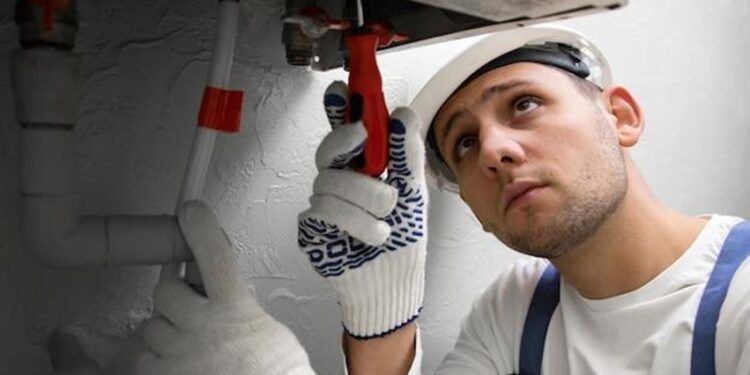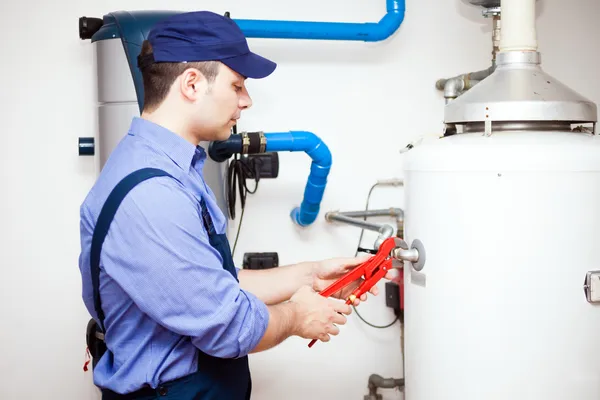A Complete Guide to Water Heater Replacement and Repair

Water heaters maintain comfort and cleanliness in your home by providing hot water for daily tasks. They help you prevent the buildup of bacteria and dirt. However, a water heater breakdown can disturb the supply of hot water and cause inconvenience in your home. You can follow simple measures to repair or replace these damages.
Below is a complete guide for water heater replacement and repair.
Resolving Heating Failures
Sometimes, water heaters fail to heat water properly and provide inadequate hot water. A lack of hot water can be repaired by separate methods in different types of heaters. In the case of electric heaters, you can fix the heating issue by checking the circuit breaker and then resetting the high-temperature limit. If you have a gas water heater, resolve the issue by ensuring the pilot light is on. If you notice a temperature that is too low due to frozen lines, defrost the lines to ensure the proper supply of gas. If problems persist, you should consult a professional to inspect the pilot light, burner, or gas connection.
Rusty or Smelly Water
Another common problem with water heaters is discolored and foul-smelling water. You can resolve these problems to ensure clean and safe water. You can fix foul-smelling water by flushing the water heater to remove stagnant water, sediment, and bacteria. Rusty water with brown, yellow, or red tints is due to internal corrosion in the water heater tank. You can consult a plumber to replace the anode rod to fix this problem. This metal rod, located in the center of the tank, protects the water heater from rust.

Repair Water Heater Leaks
Leakage of water from water heaters can cause serious damage. It is caused by various reasons, such as a low-quality gasket, leaking outlet pipe, loose drain valve, loose inlet and outlet connections, and damaged components. You can fix this problem by tightening loose heating element bolts and other plumbing connections. You should avoid over-tightening the loose connections as it can lead to new issues. Sometimes, you may notice water leaking from the sides of the heater. It indicates your water heater is corroded or damaged. You should consider tank replacement, as a damaged tank cannot be safely repaired.
Consult a Professional Plumber
If the problem with your water heater involves complex components like heating elements, gas burners, or the tank itself, then DIY repairs cannot resolve these issues. It is recommended that licensed plumbers or HVAC technicians be contacted to handle more extensive water heater problems. They have the necessary experience and tools to manage everything from minor repairs to major installations safely.
Water Heater Replacement
If your water heater is over 10-15 years old and consistently requires expensive repairs, then consider replacing it. Older units lose efficiency and constantly show signs such as rusty water, unusual noises, leaks, or insufficient hot water. An unexpected rise in energy bills may also indicate reduced efficiency due to an aging unit. You can consult a trusted company for water heater replacement to ensure an efficient replacement process.






